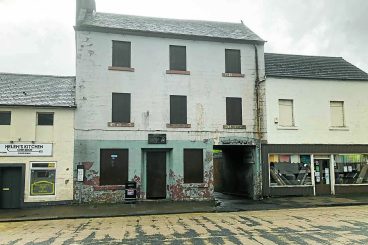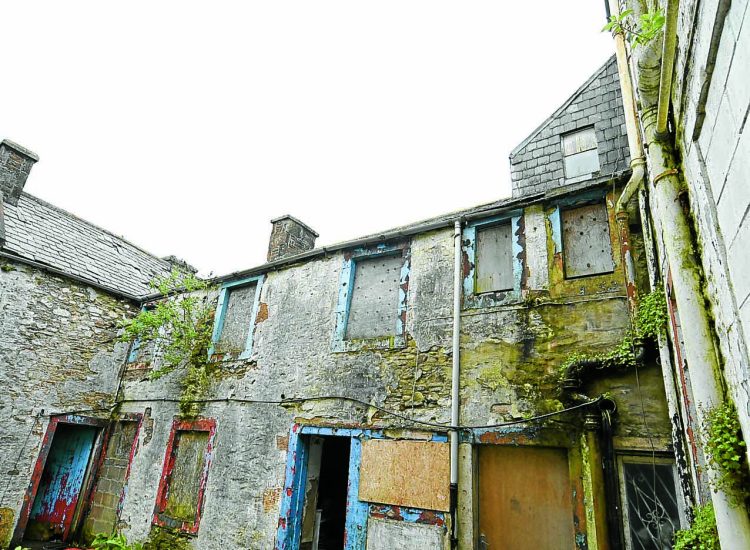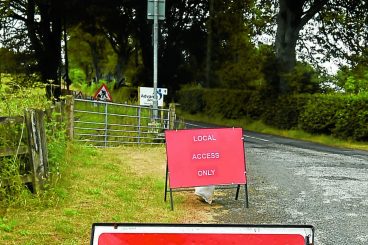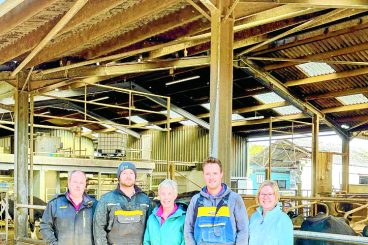Marchbank Bakers in Dumfries town centre installed new windows and signage, giving the business a more modern look.
However, the move has upset members of Loreburn Community Council, who argue that the original shopfront featuring stained glass should have been retained as it falls within the Dumfries Conservation Area.
Bakery owner Harry Marchbanks has since been forced to apply to Dumfries and Galloway Council for retrospective planning permission.
His application will be considered at the council’s planning committee next Wednesday where the case officer has recommended it be approved unconditionally – meaning there will be no costly requirement to revert to the previous shopfront style.
However, the council’s senior planner for heritage policy has objected, stating: “The original shopfront was an important example of early 20th century design, featuring leaded transom windows. Another feature that is lost, as a result of the development, is a recessed door with fanlight above.
“The board on which the grain emblem is attached is overly large for the fascia sign. The transom windows should be re-instated.”
A formal objection was also lodged by Loreburn Community Council. Members argue that the original shopfront was a “significant part of the streetscape within the Conservation Area.”
They also called for the new shopfront to be replaced to reflect the original design. A representation was also made from an address in Loreburn Park, Dumfries, arguing the same point.
In her report, planning case officer Carla Livingstone states: “While the loss of the original traditional shopfront – and the original leaded transom windows in particular – is regrettable, on balance, it is considered that the replacement shopfront includes design details such as decorative mouldings and fascia end panels, as well as employing a relatively restrained colour palate and traditional vertically proportioned glazing, with transoms (albeit not leaded).
“Furthermore, the building is not listed and so it does have this additional level of protection.
“As such, it is considered that the development does not represent such a negative impact on the character of the Dumfries Conservation Area as to warrant a decision of refusal in this instance.”
She continues: “Although the site lies within Archaeology Sensitive Areas, the proposal does not have any implications on these and the council archaeologist has no objections.
“In conclusion, the proposal is considered to be compliant with the provisions of the stated development plan policies.”























